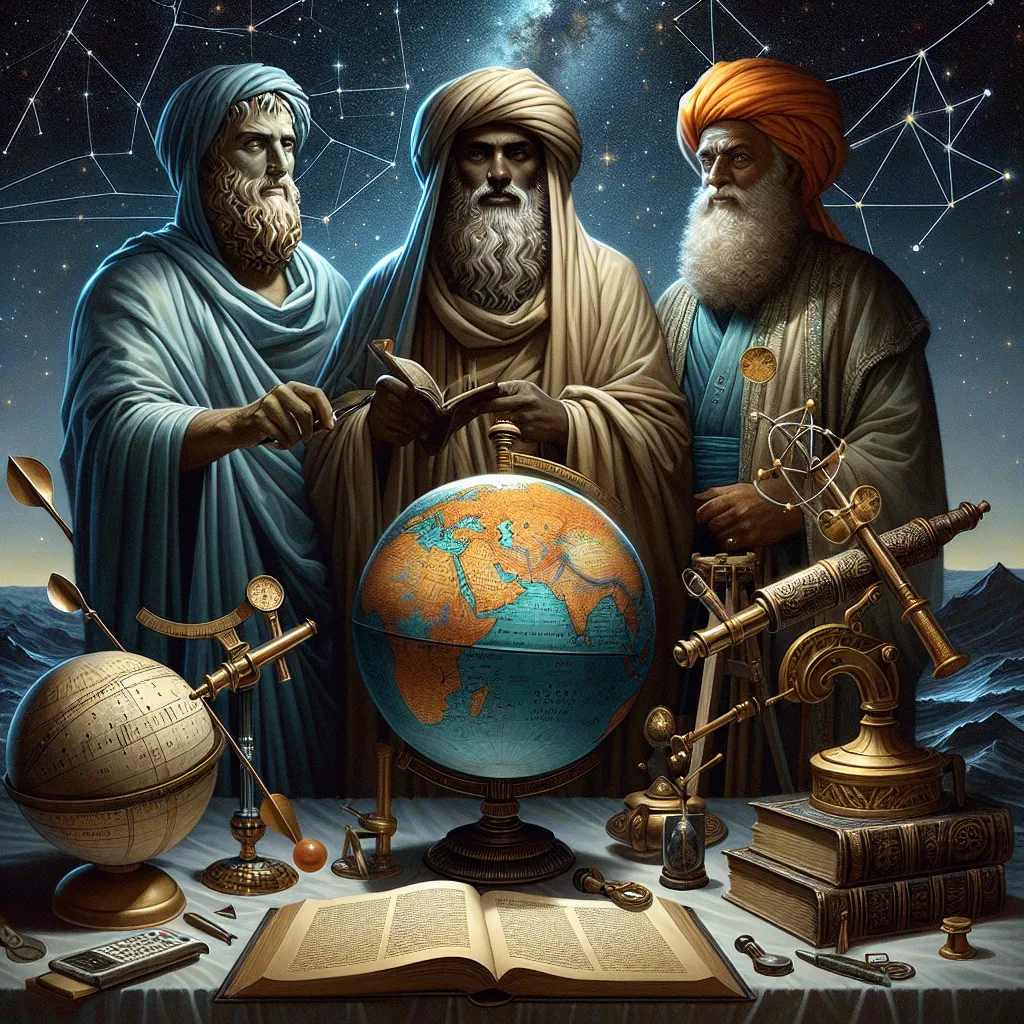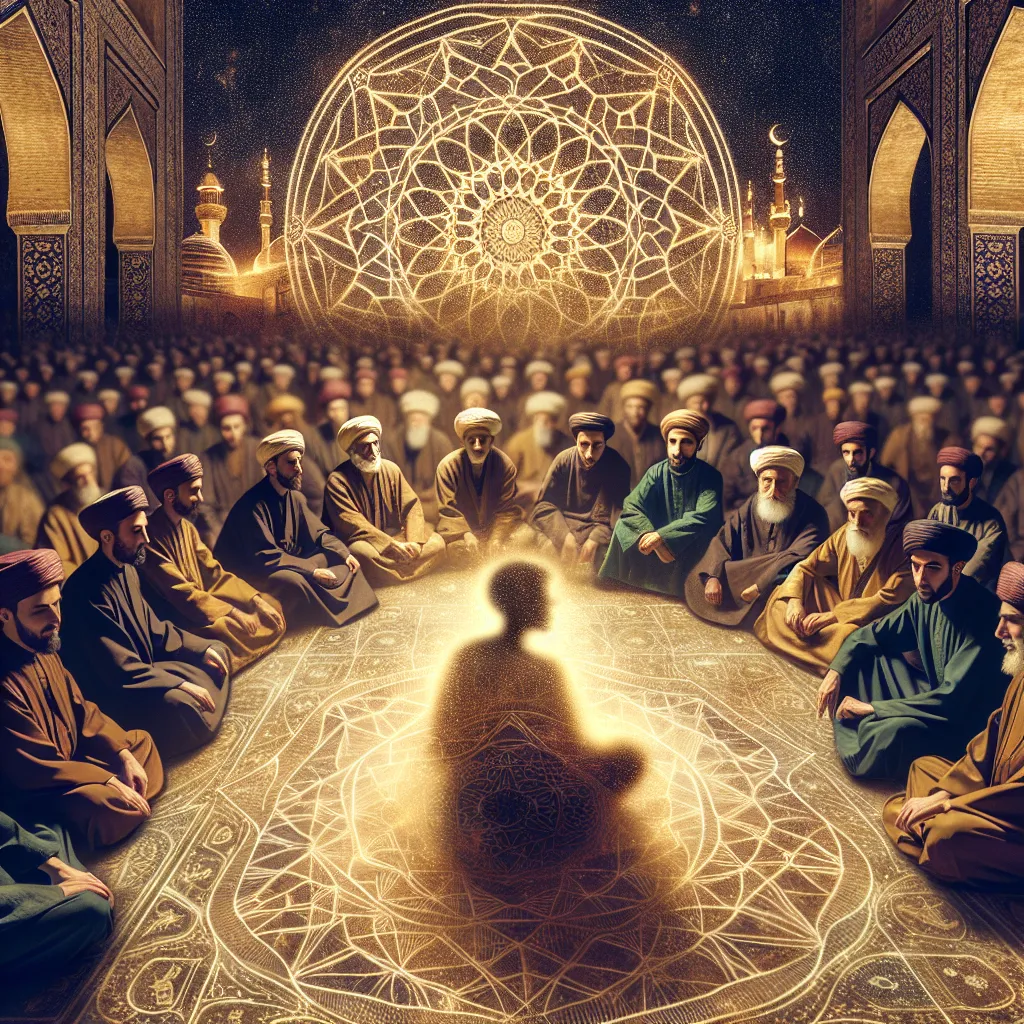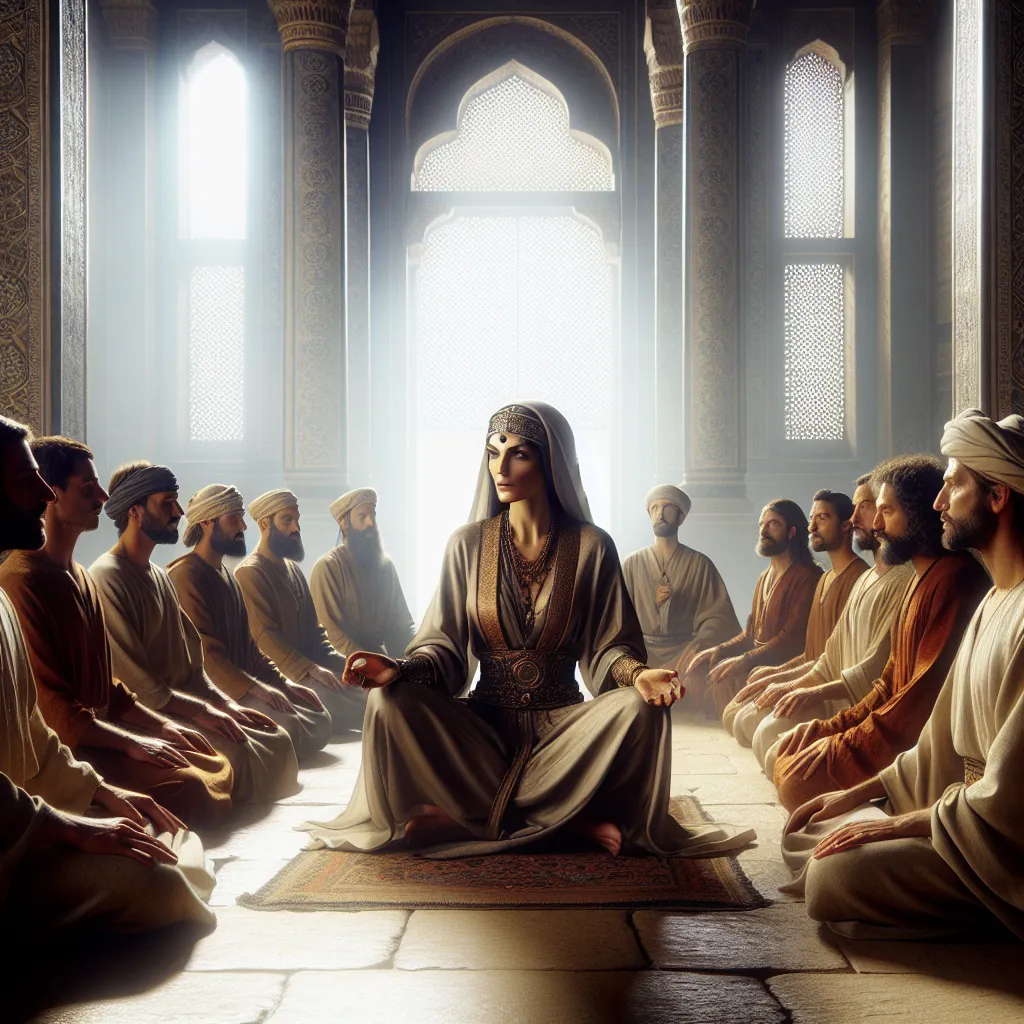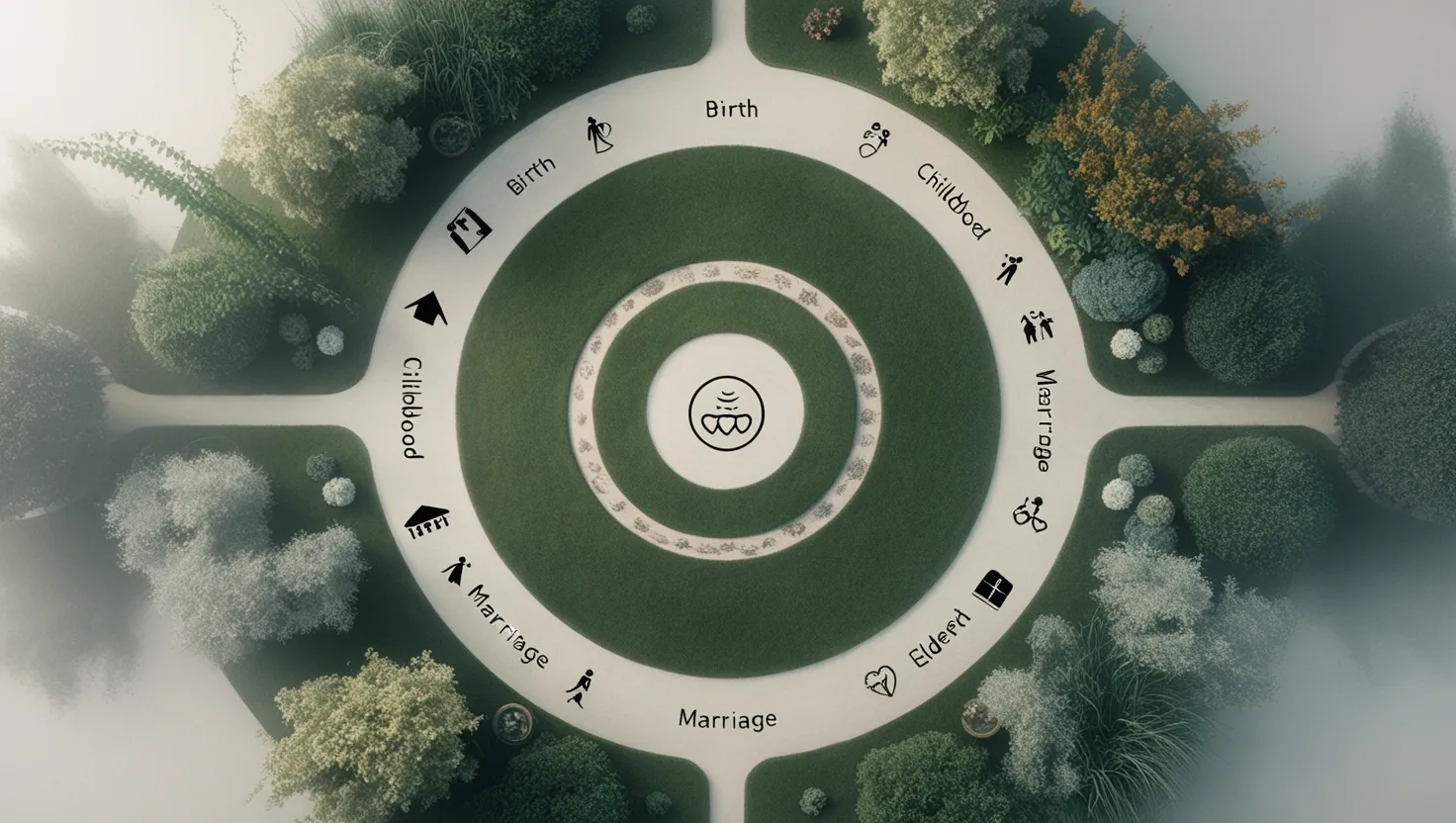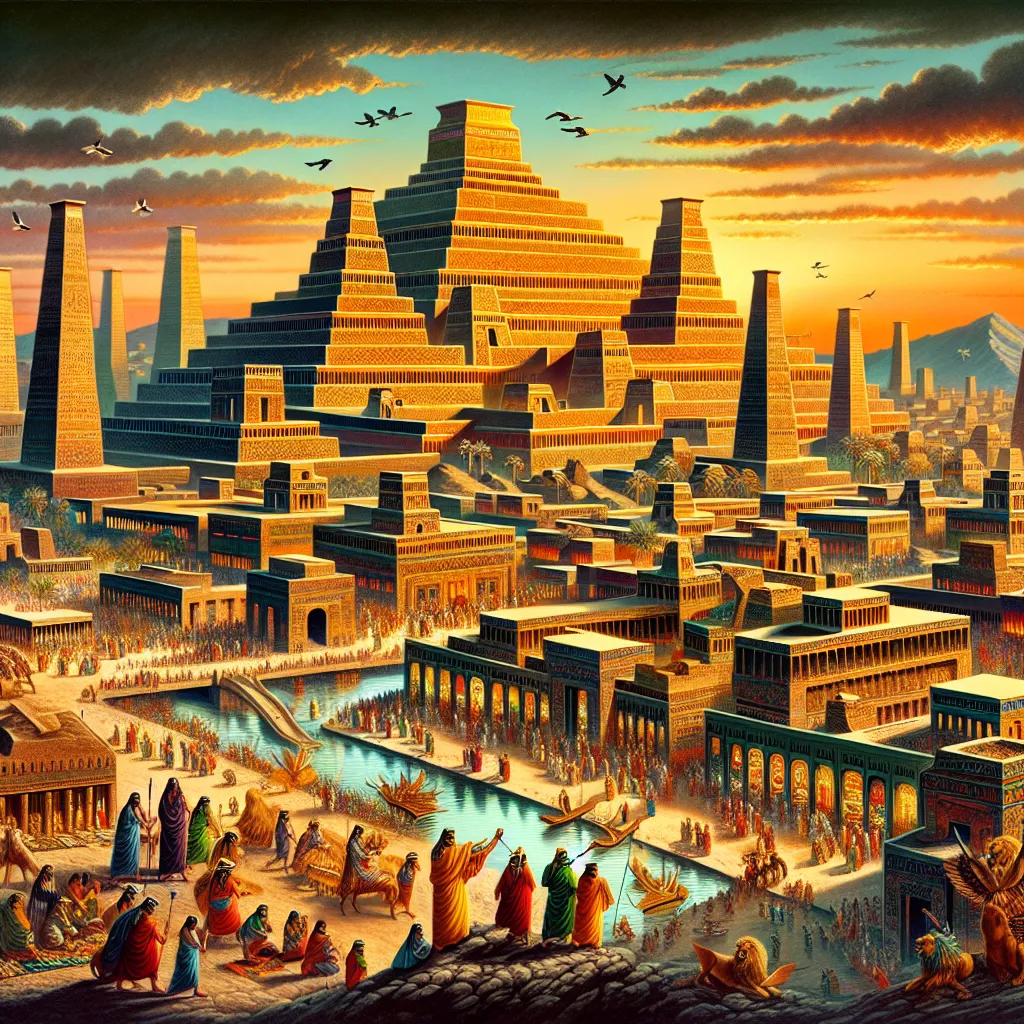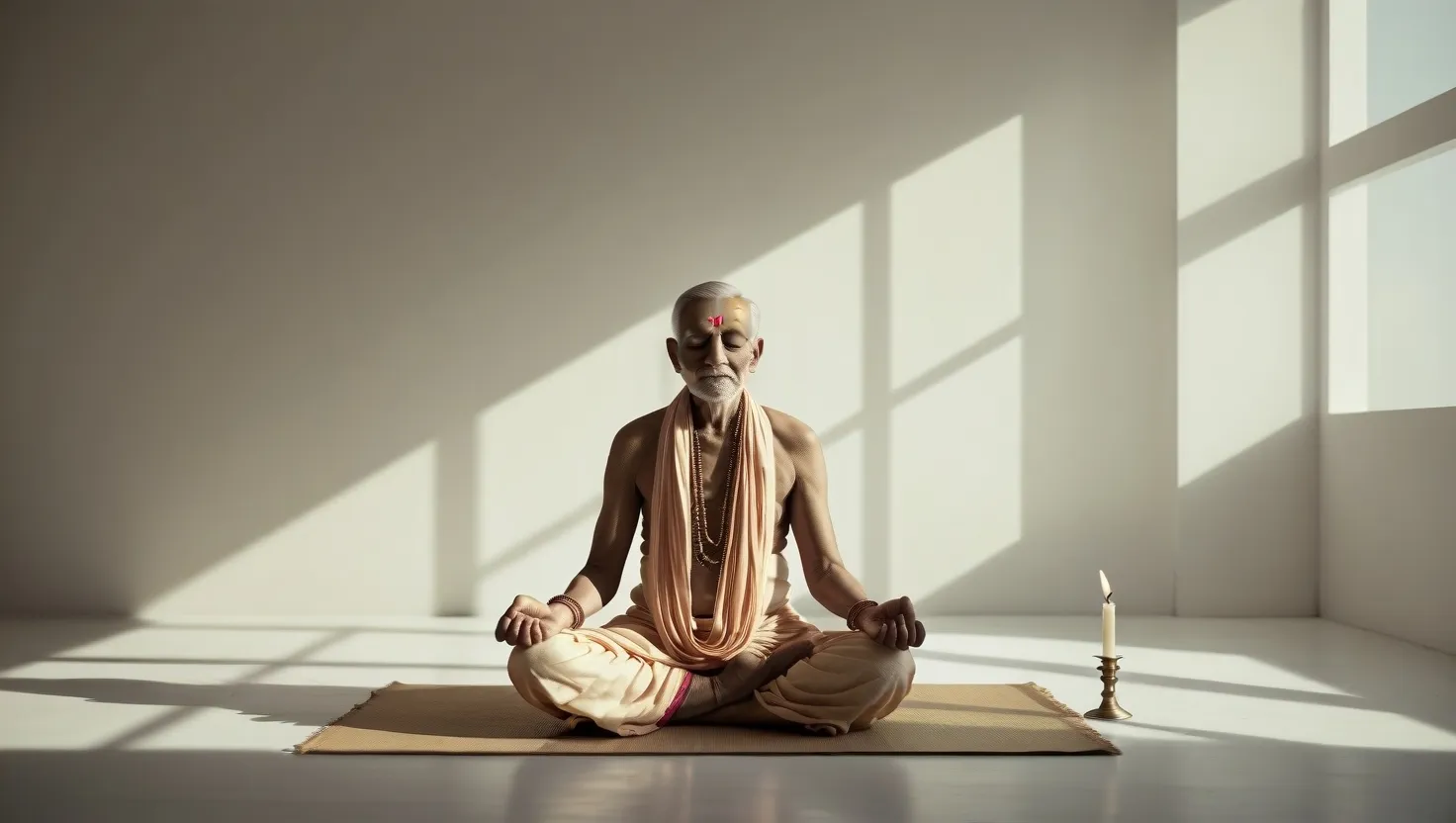Hey folks, today let’s dive into a hot topic that’s been making waves lately: the shape of the Earth. Yep, we’re talking about the flat Earth theory. You’d think in 2018, we’d be past this, but here we are, debating whether the Earth is flat or round. Social media and comment sections are buzzing with heated arguments, and let’s be honest, more name-calling than actual discussion.
Now, don’t get me wrong, free speech is important. Everyone has the right to believe what they want, even if it’s wrong. The Earth isn’t flat, but that’s beside the point. What really matters is our ability to debate and discuss ideas. There are countless videos and articles out there proving the Earth is round, so I won’t bore you with the science. Instead, let’s talk history and how it ties into religion.
There’s this widespread belief that people thought the Earth was flat until just a few hundred years ago. Remember learning that Columbus discovered the Earth was round? Spoiler alert: that’s not true. We’ve actually known the Earth is round for over 2,000 years. The ancient Greeks figured it out way back in the 3rd century BC. Aristotle noticed how the stars’ constellations changed based on where you were standing, leading him to conclude the Earth must be round.
Then there was Eratosthenes, who used shadows in different locations to calculate the Earth’s circumference, coming impressively close to the actual size. Fast forward to the 10th century, and we have Abu Rayhan al-Biruni, a Persian polymath, who used geometry, algebra, and a mountain to get within 1% accuracy of Earth’s circumference. Seriously, how cool is that?
Another fascinating example comes from a 12th-century Arabic philosophical tale, “Hayy ibn Yaqdhan,” where it’s stated that both the Sun and Earth are spherical. This shows us that even back then, people from different religious backgrounds understood and accepted the Earth’s roundness as scientific fact.
Yet, why do so many people today believe that pre-Enlightenment folks thought the Earth was flat? It boils down to how history is taught. The Enlightenment period, eager to mark itself as a major milestone, often exaggerated how “unenlightened” earlier times were. By doing so, they painted a picture of religion as backward, ignoring the scientific achievements made by religious scholars.
So next time you find yourself in a debate with a flat earther, remind them that they’re not just opposing modern science but a tradition of understanding that dates back over 2,000 years. See you next time!
